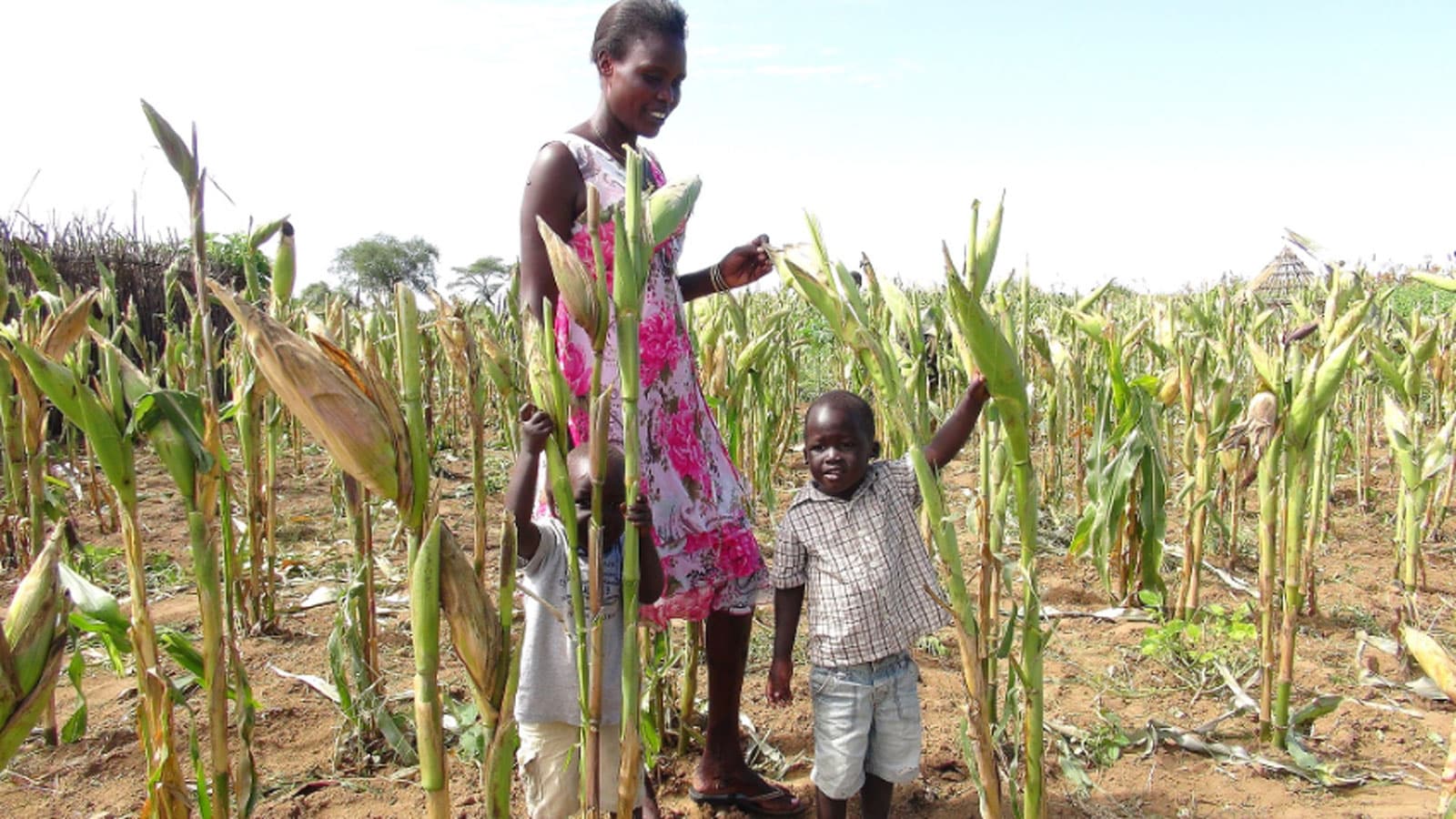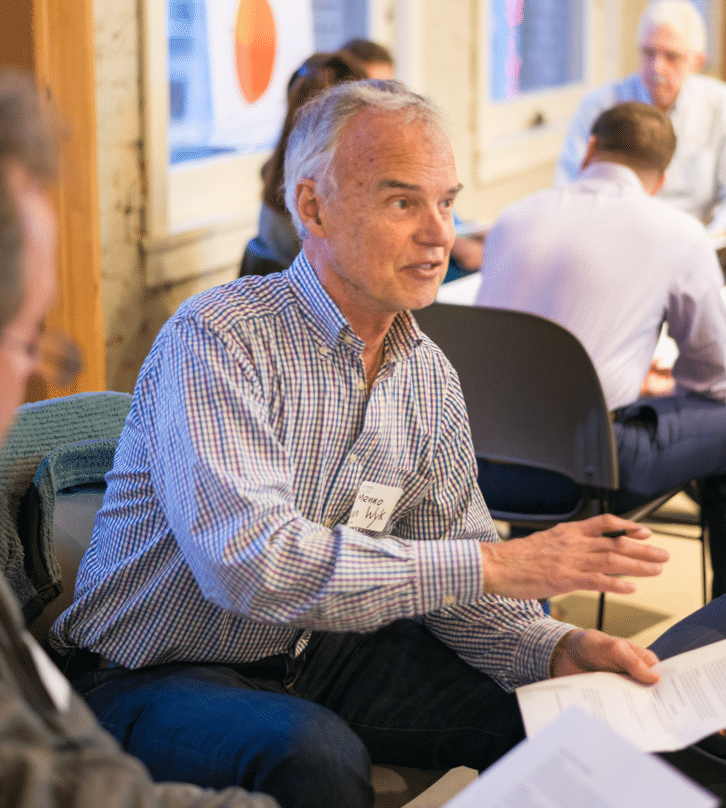Grow Further is getting closer to announcing its first-ever agricultural research grant recipients.
On June 14, a second formal meeting was held where some of Grow Further’s pioneering members scrutinized a handful of applications proposing research that could help smallholder farmers adapt to climate change.
A follow-up to the earlier June 7 members circle meeting, the first at Grow Further, this second gathering was conducted a little differently. Based on experience with the first meeting, organizers made sure to allow more time for discussion and questions about the applications.
Jennifer Dine, Grow Further’s Membership Director, kicked things off by clarifying that the mission for the day would be to “discern from the proposals and ultimately come to a conclusion as to which proposal we feel should receive Grow Further’s grants this year, with some alternates as a backup.” There’s still plenty of room for improvement, but the entire process is on the right track, Dine emphasized at the beginning of the talks. “I thought last week was a great meeting, and I learned a lot,” she recalled. “I thought there were some great points for discussion, and I’m hopeful to see that here today again.”
Procedurally, the meeting ran largely along the lines of the first.
Dine and Susan Mathew, Grow Further’s Partnership Development Consultant, kicked things off with introductions and an explanation of the day’s tasks at hand. While the first meeting assessed projects aimed at improving nutrition and farm income, the second looked at agricultural climate adaptation projects. The proposals—just eight of the more than 700 applications Grow Further initially received in its first solicitation of proposals—were organized into three main categories: proposals for developing more drought-resistant crops, concepts for better pest control, and ideas on improving water management systems. All but one of the proposed research projects are based in sub-Saharan Africa.
Founder and CEO Peter Kelly notified participating members of slight adjustments to the meeting’s format at the outset, namely the additional time allotted for discussion. “That was a lesson learned” from the first members’ circle meeting, he said.
A stake in the outcome
Kelly said the scheduled 90-minute meeting would be conducted in a manner in which all participants would have opportunities to contribute their views. “What we have here is a diverse group of people with a stake in the outcome,” he said. “You’re all donors to the organization and coming together to discuss the proposals from our own perspective with the input of specialists, in this case mostly scientists working on the African continent.” The applications under consideration had all received detailed comments from technical peer reviewers.
“Everyone here has important perspectives to contribute, so don’t be shy to participate,” Kelly emphasized.
The discussion was robust and enlightening. As with the first members’ circle meeting, one of the most common questions raised and discussed was whether the applicants could complete project goals within the budgets and timeframes they had proposed. Members were also interested in identifying the projects that could reach as many farmers as possible.
What we have here is a diverse group of people with a stake in the outcome.
Some members shared particular expertise on one or, in some cases many, proposals. But even those who were new to agriculture shared important perspectives and brought up questions that others in attendance hadn’t considered before.
No “imposters” here
Addressing an “imposter syndrome” that many members may have felt, Kelly assured the panel that this practice of incorporating both experienced and novice members is the right way to assess the proposals put before them. “There’s a reason we’re doing this the way we are,” he said. “When it comes to funding innovation, many times a committee of specialists can overlook things. So just like a bank might not see every opportunity in the private sector, that’s why we have venture capital and angel investment, and so on.”
Selected grant proposals have moved on to Grow Further’s final due diligence phase before ultimately being put before the board for approval. Kelly says subscribers to this newsletter can stay tuned for an announcement this summer.
— Grow Further
Photo credit: By Hannahlongole – Own work, CC BY-SA 4.0, https://commons.wikimedia.org/w/index.php?curid=63940561




